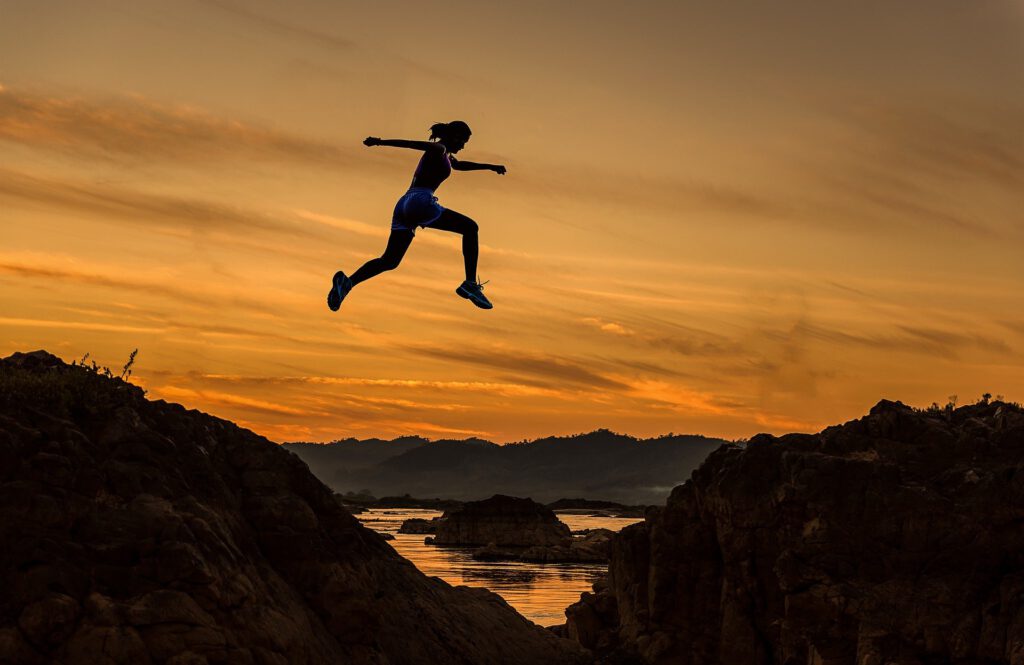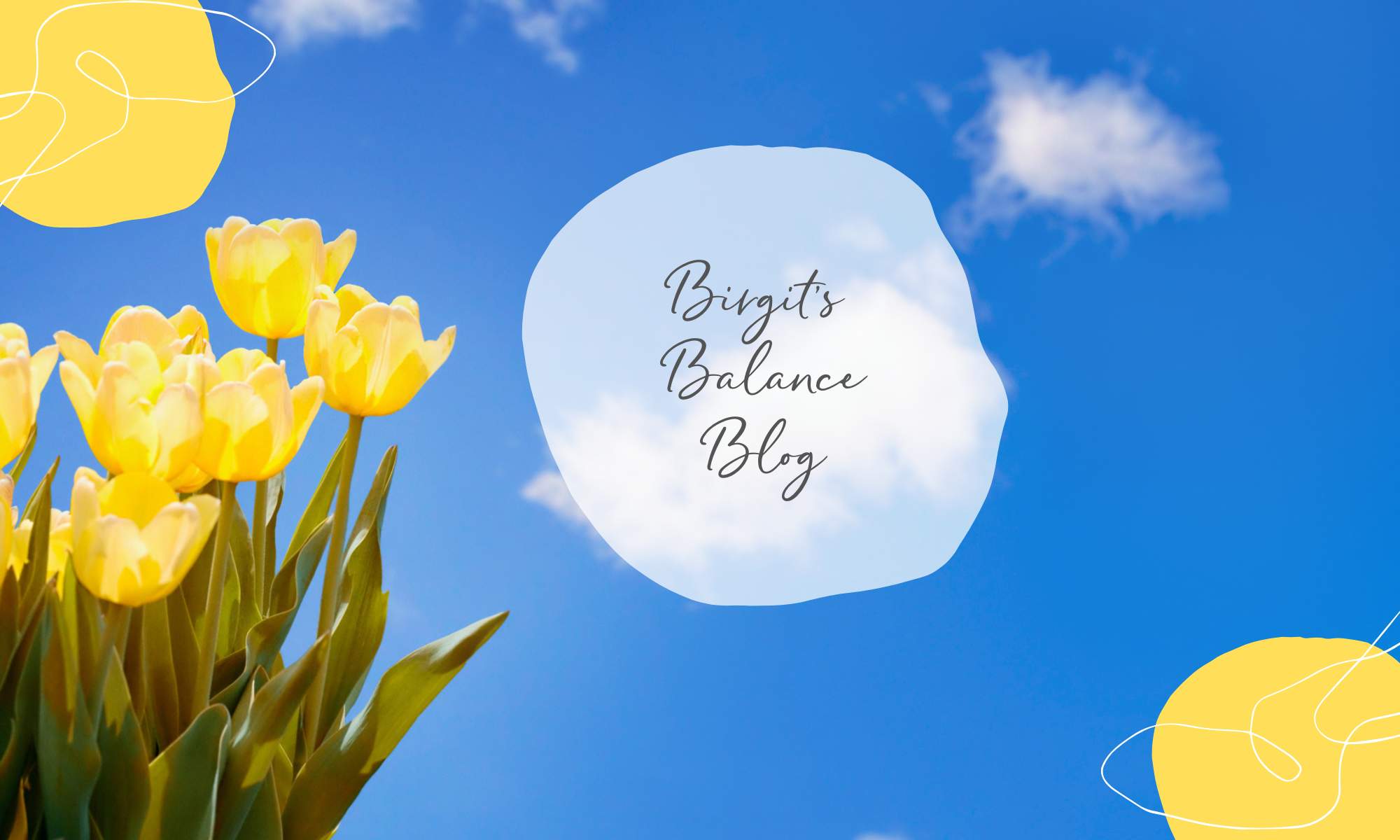
This week I have dedicated to the topic of courage.
About two years ago, I made some big changes in my life – I often heard people around me say: “That’s pretty brave!”
A friend said, “Well, if you’re already wearing firefighter gear, you might as well change everything.” And indeed, after the first courageous decision, all the others were much easier. I was in a “courage flow.”
What is courage?
Basically, courage motivates people to act – and this despite of fears, potential dangers and uncertainties.
Science recognizes two types of courage:
1. Innate courage – We all actually have different levels of courage. In some people, the fear center kicks in very quickly, while in others it is barely activated even in extreme situations.
2. Learned courage – Whenever we beat ourselves, our reward system releases the happiness hormone dopamine. A good feeling – which at the same time increases our confidence and trust in our abilities.
Plus: courage is very individual. Because it is closely linked to our personality and our fears – which in turn are largely based on our experiences.
What’s a challenge to one person is no problem for another.
What fosters courage?
There are situations that make us more courageous:
- The “against” or “away from” – When the pressure of suffering becomes too heavy and we need a change to recover, we often muster the strength to be courageous. This ranges from “I don’t know if it will get better if it becomes different. But it must become different for it to become better.” (Georg Christoph Lichtenberg) to “It can’t get any worse.”
- The “for” or “towards” – If something is very important to us, we are willing to take risks – e.g. for a certain person, a goal or a value.
Why is courage important?
Either way – courage is important.
Without courage, no change.
Without courage, no development.
Without courage, no sense of achievement.
And without courage, no liberation from our fears.
How can I train my courage muscle?
If I have not been genetically endowed with a large portion of courage, there are still ways to train my courage muscle:
- Be balanced: When we are stressed, our body is in self-protection and alarm mode. We react more quickly in an irritable and anxious manner and are less willing to take risks – after all, our remaining energy is just enough to survive! So no experiments! In this state we will hardly be courageous. A good basis for your courage training is therefore first of all a good mental, emotional and physical condition. Take care of yourself, your needs and your health!
- Trust and confidence: To be courageous means to trust your abilities and the possibilities more that your experiences. You can build this confidence by becoming aware of past situations in which you have successfully acted courageously.. Also think back to the time when you were still a child! With these memories you can then start small courage experiments (see point 4) to further increase the confidence and trust in your abilities.
- Embrace failure: Another competence you need confidence in is the ability to deal with failure and setbacks. Often it is the fear of something going wrong – or not going according to our expectations – that takes away our courage. But what if you see opportunities in failure? What if a mistake helps you to learn? Lack of fear of failure makes you courageous!
- Let go of expectations: Often it is the uncertainty of a situation that requires our courage. We cannot plan, foresee or control what will happen, how something will turn out. Helpful here: just let go of expectations. Set a goal, yes, but then have no expectation of the outcome of the situation. In this way, we also open ourselves up to possibilities that lie outside of our imagination.
- Courage minis & keep at it: Before you take a big step, practice your courage again and again in small ways in everyday life. What requires your courage? Where could you overcome yourself? Maybe approaching someone you don’t know? Or face a fear? Or NOT do something?
What courage minis could you weave into the coming week?
Look forward to it!
Ride the brave-wave!
Birgit
